The celebratory 15th edition of the digital cinema film festival held in Saitama Prefecture announced its lineup recently. Moreover, a change to the festival’s competition structure brings an exciting new opportunity for local indie and up-and-coming filmmakers. Adding a dedicated competition section for Japanese features and short movies respectively, the festival will be screening 14 Japanese movies in-competition on top of special programming. In recent years, SKIP has been playing an ever significant role in providing visibility for movies with an interesting and unique voice which has given a boost to their filmmakers. Hiroshi Shoji’s Ken and Kazu was a short film screened at the 2011 edition before being expanded to a well regarded feature-length. Nakano Ryota had his debut feature Capturing Dad gain considerable more attention after picking up two awards in 2012 which most likely led to his follow-up, Japan’s entry for the Foreign Language Academy Award Her Love Boils Bathwater. It is for this specific reason these 14 movies are of interest to Indievisual not only because they are independent movies or works by developing filmmakers (5 are world premieres), but most importantly because of their original, challenging, and intriguing scenarios.
Click on the Title links to see the movie’s page on the SKIP City International D-Cinema Film Festival’s website
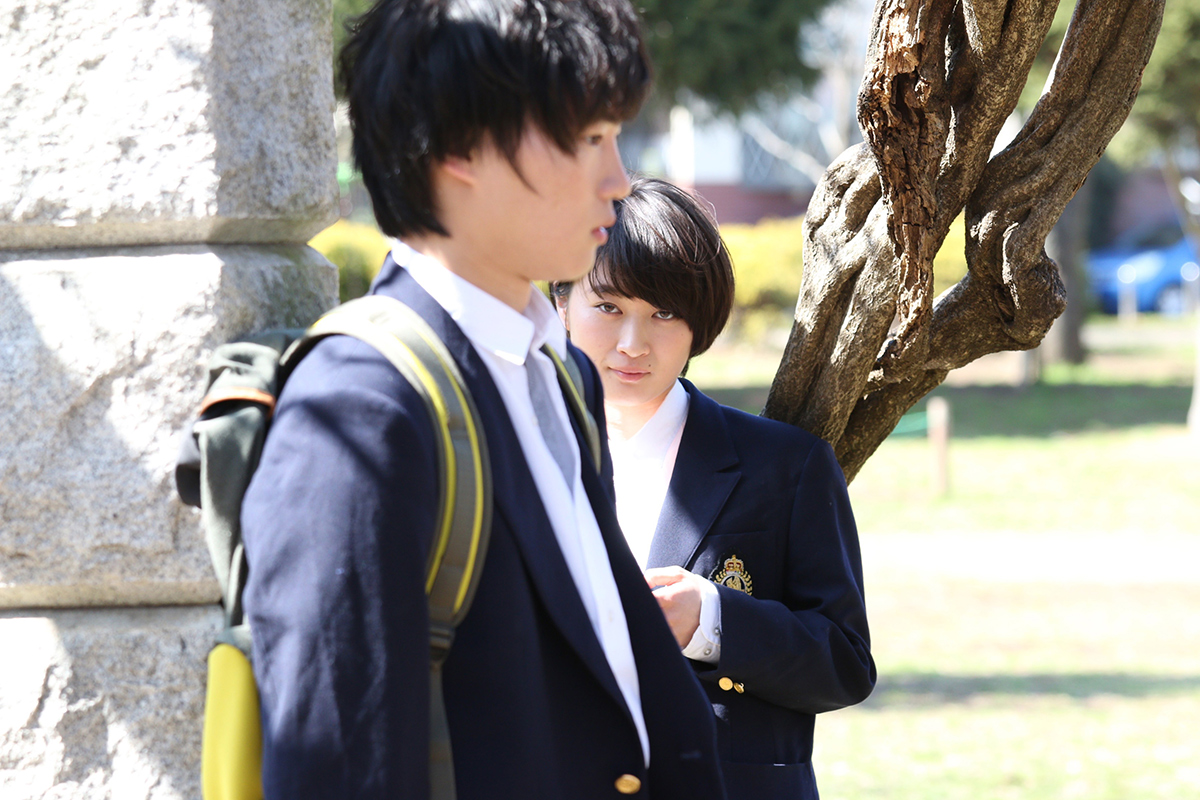
©彼女はひとり
Nakagawa Natsuki’s She is Alone has the distinction of being the lone Japanese entry in the international competition as well as being a movie directed by someone still in film school. The movie itself was her thesis at the Graduate School of Contemporary Psychology at Rikkyo University’s Graduate Program in Body Expression and Cinematic Arts. First, allow that to sink in. Nakagawa engaged in graduate studies in the psychology department. Second, from the movie’s synopsis, it’s not a stretch to say this snapshot into the human psyche and motivations are an application of those psychology studies. Currently she is continuing to hone her craft at the Graduate School of Film and New Media at Tokyo University of the Arts, where she shot a short movie produced as a class assignment, Projection, which was screened at the 2018 Fajr International Film Festival.
Japanese Features Competition

Beyond the Blue seems like both a road movie and a coming-of-age movie. However, there’s an interesting twist to those genres which brings to mind Greg Egan’s ‘The Hundred Light Year Diary’. And the title itself evokes a sense of anxiety toward either escaping fate or being bound to it that director Hiro Kenichiro could be tackling. Hiro began making independent movies in high school. Interestingly enough, he went on to study dentistry in university before returning to filmmaking studies after graduation. Beyond the Blue is his second feature-length.
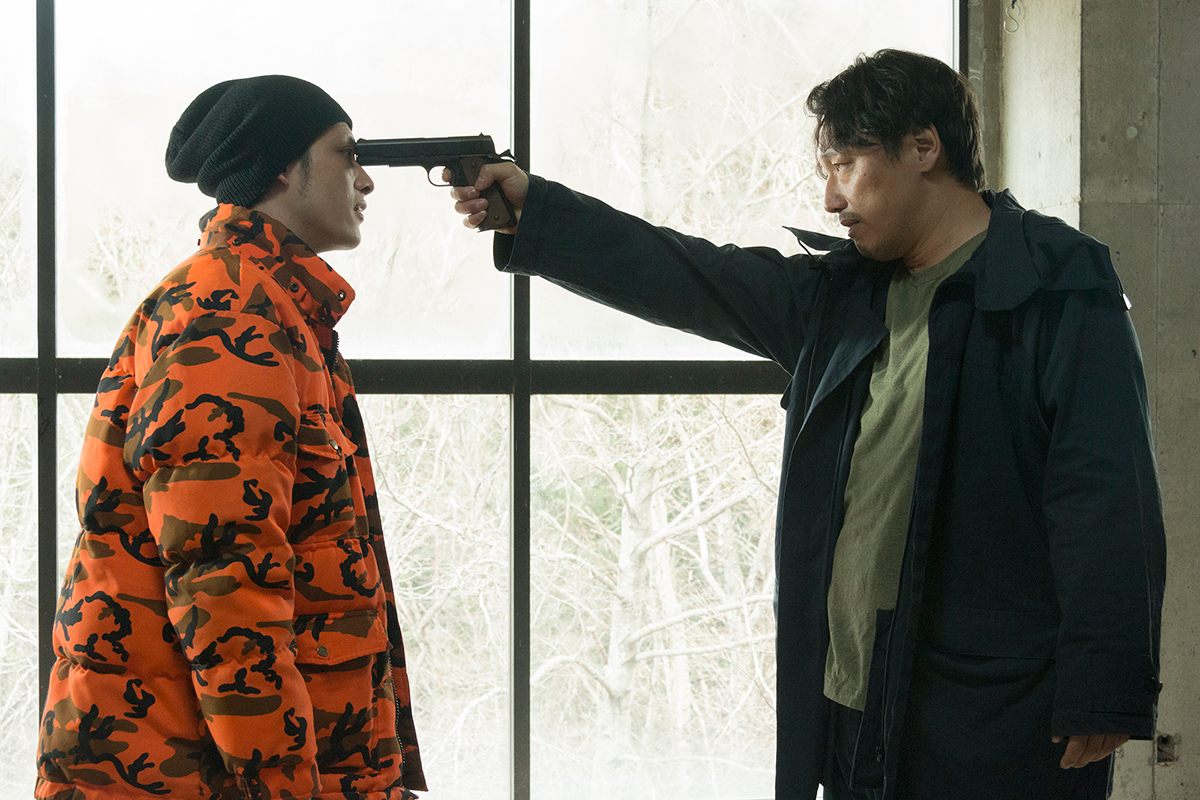
©OBA Norichika
Cyclops by director Oba Norichika is no stranger to film festivals. It screened at the 2018 Yubari International Fantastic Film Festival’s Off-theater Competition where it won the Governor of Hokkaido Prize, as well as debuting internationally at the Nippon Connection film festival in Germany. By all accounts, it is a confident revenge thriller by a director who has worked with the likes of Irie Yu and Anno Hideaki. For those curious, the title was inspired by Odilon Redon’s painting, ‘Cyclops’ and “its hidden deep meaning” (quoted from Asian Movie Pulse). Oba’s debut feature, Nora also shares darkly human themes marking him as a potential new talent in contemporary noir.
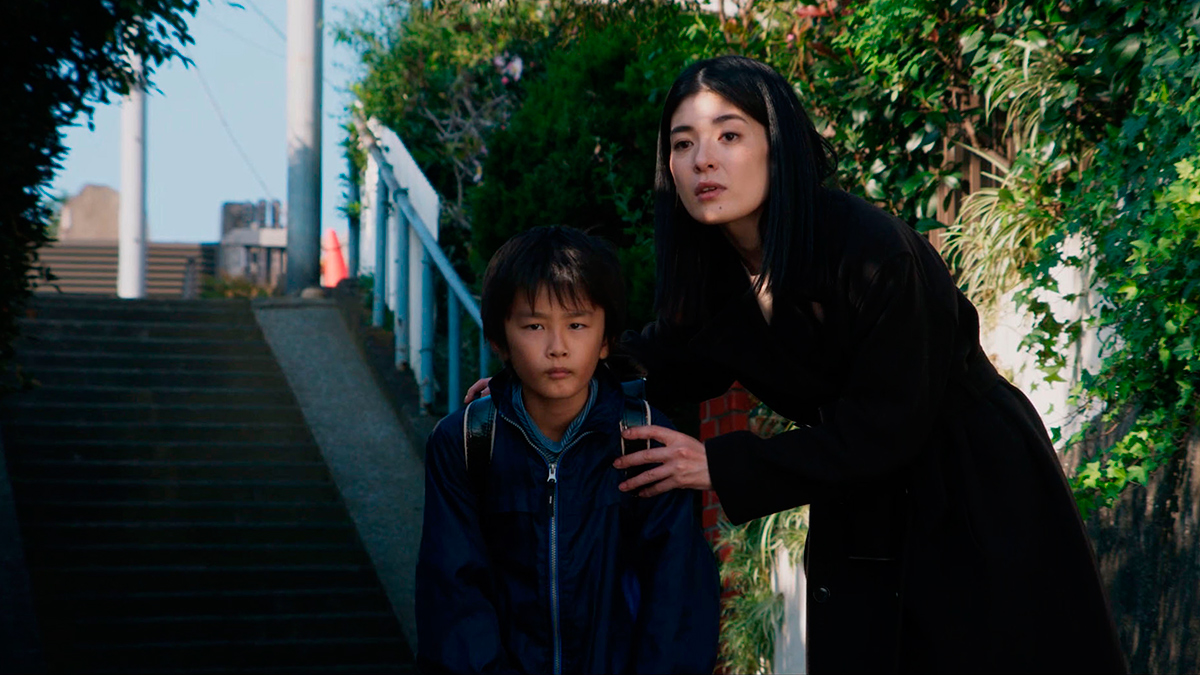
©東京藝術大学大学院映像研究科
A graduate of Tokyo University of the Arts, Takebayashi Hiroyuki filmed High Sentiments Family as his thesis work. Like many of his generation, he explores the unraveling of families and, perhaps going as far as addressing, societies which put on airs. Whether by intention or inattention, keeping up appearances can be deceiving. The film has also screened at the 39th Pia Film Festival.
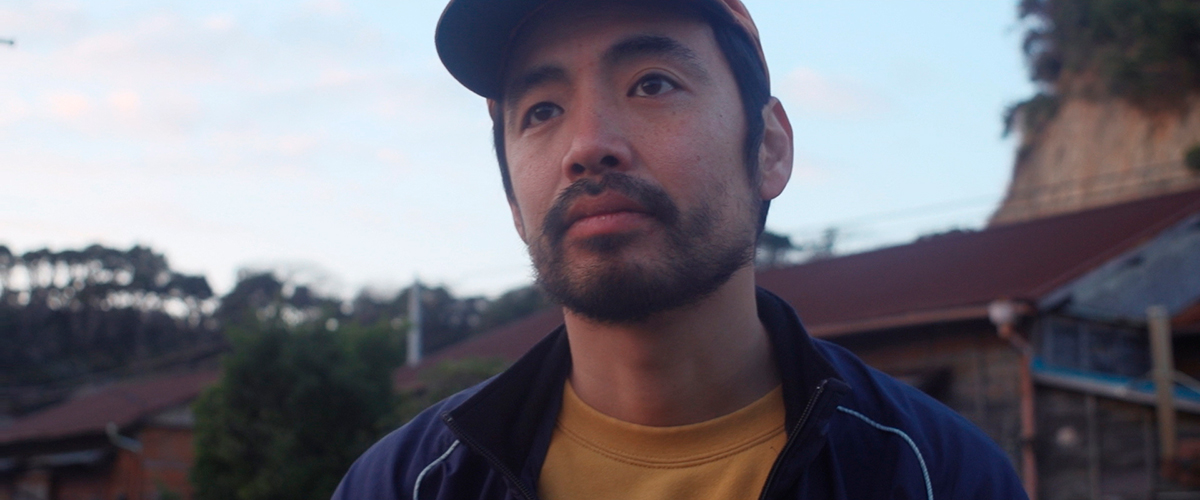
The fourth and final work in the Japanese Feature Competition is also the only one warning viewers of its possibly disturbing scenes. Reading the three sentence synopsis for Siblings in a Cave one can understand the necessity for prefacing the movie with such a warning. That the warning does exist is a testament to director Katayama Shinzo’s commitment to not pull any punches on the movie’s themes of survival and desperation. Perhaps he learned a thing or two while serving as assistant director to Bong Joon-ho on 2008’s Tokyo! and 2009’s Mother.
Japanese Short Movie Competition
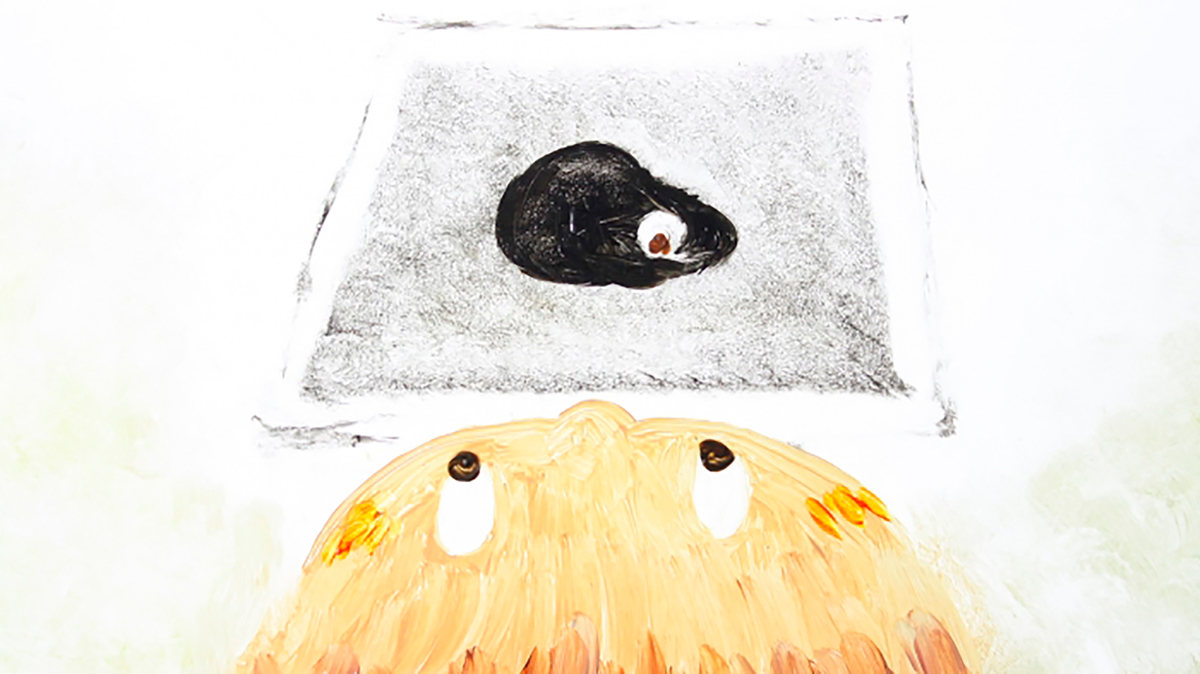
©CHILD POKKE
Birth–The Dance of Life– is an animated documentary by three directors focusing on three perspectives on the “miracle of life.” Each episode is animated in the creator’s style lending to the idea of how each have approached the topic.
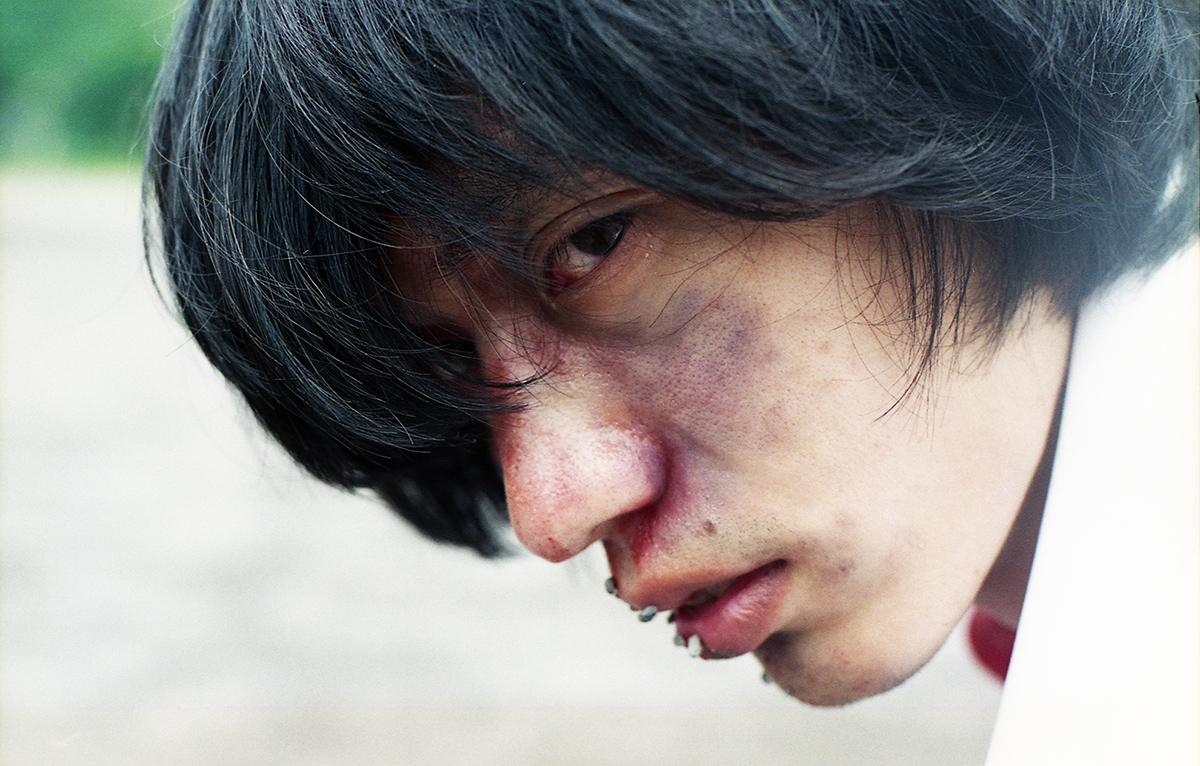
The topic of school bullying, sadly, seems to be one which will always have presence in contemporary Japanese cinema. Fighting back, on the other hand, seems a less common theme making Yokota Kosuke’s Dumping Ground a potential standout.
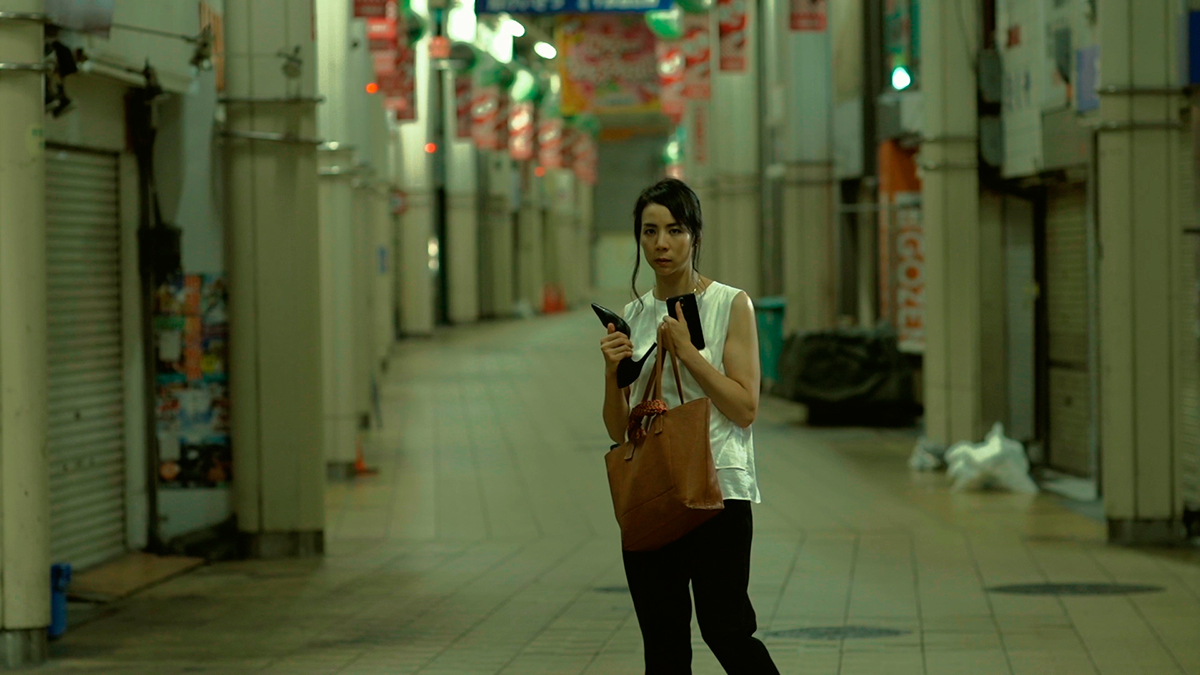
©belly roll film/RECIPRO
Isobe Teppei’s Who Knows about My Life starring Yashiki Hiroko is, as stated in my report on the 2018 Indie Forum at the Osaka Asian Film Festival, a work that surprises on many levels. Suffice it to say, it is good to see it among the shorts competing at SKIP.

©Michihaya Mizoguchi
Lip and Fist taps into the “strangers in the night” theme as two individuals existing on the fringes of society find commonality in one another and in so doing, a brief respite from their everyday existence. Stills suggest director Mizoguchi Michihaya shot the movie completely at night, and quite gorgeously at that.

Gorgeous cinematography also seems to be an important element in Kawanobe Shuichi’s Lull which must use flashbacks about the central characters relationship to her friend as a means of unravelling her friend’s disappearance–perhaps the titular “lull”.
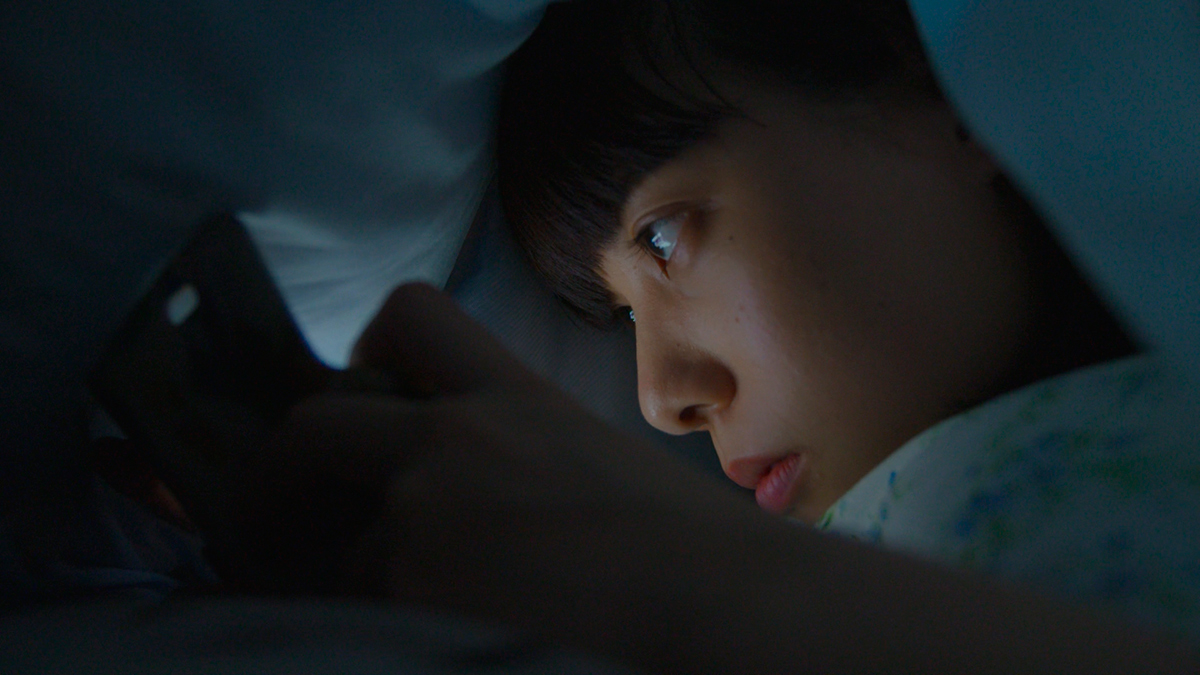
Despite some of the ominous looking stills, director Tarui Takahiro’s He is Always Sleeping is actually a comedy; an eccentric one, but a comedy nevertheless. The setup, however, and the attention Tarui gives the scene leading to the denouement may be why it is competing at SKIP.
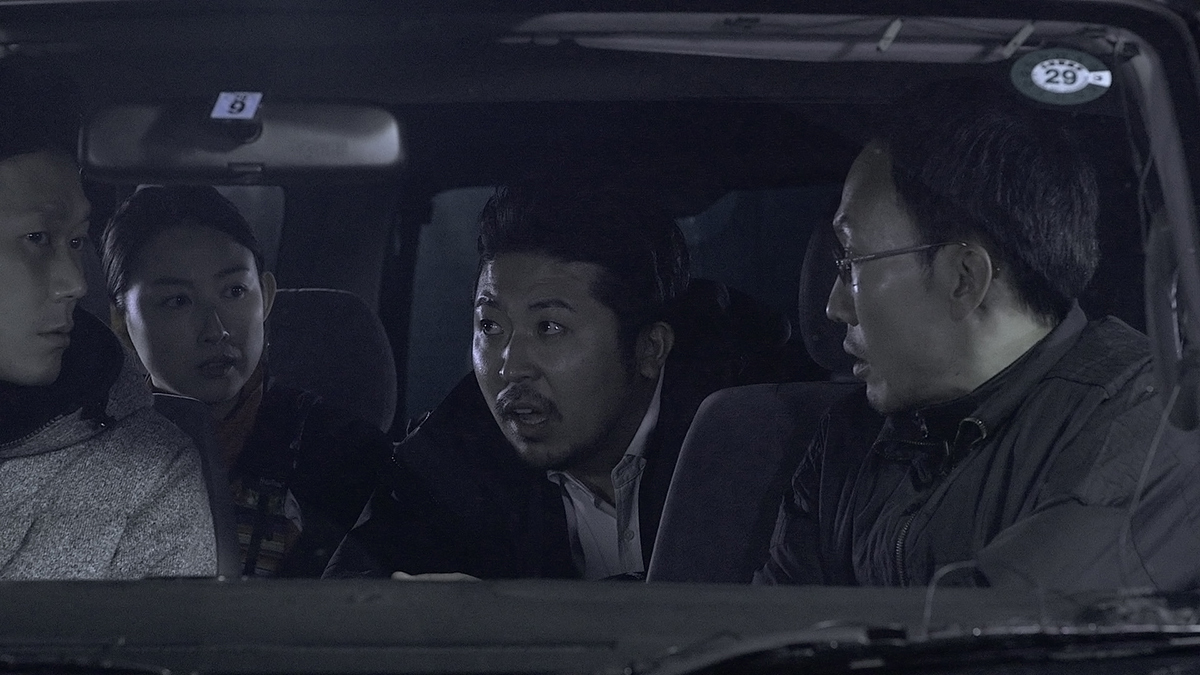
©FUNNY FOR
Stage actor and director Itagaki Yusuke makes his film directorial debut with Harikomi, a simple, one-setting movie centered around the dialogue of the three detectives at the story’s core–not surprising considering his theatre roots.
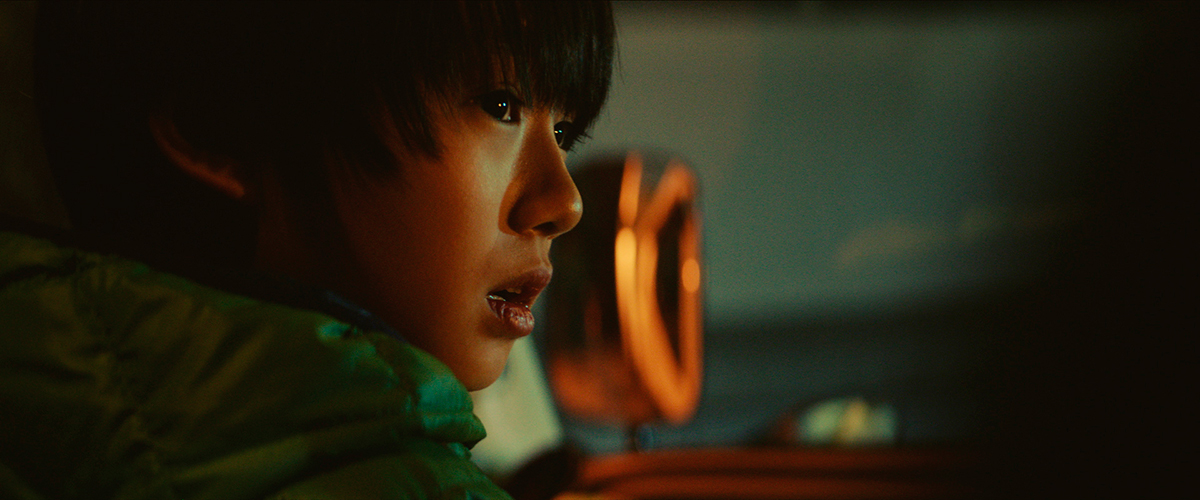
©MOON CINEMA PROJECT
The scenario for Tokyo Comet seems more suited for a feature (it may still end up as such in the future), so it will be interesting to see how Horanai Hiroki uses the 29 minute runtime to tell its tale of two brothers dealing with the knowledge a natural disaster is coming and what it might say about Japan post-Great East Japan Earthquake.
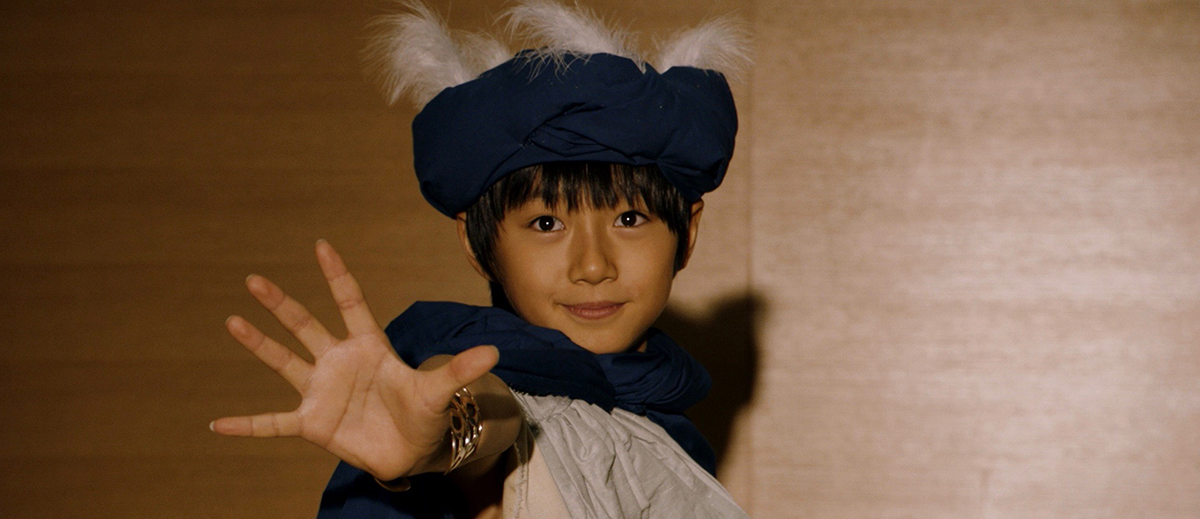
©Taro Shirai
Eternal Hoimi is a thesis shot by Shirai Taro while enrolled in the Cinema Department at Nihon University’s College of Art; it’s his second movie. The story is a deceptively simple exploration of youthful hope and the harsh realities that often await an ideal or idealized life. But therein also lies a chance to mature.
In my profile of SKIP City International D-Cinema Festival’s programming director Hasegawa Toshiyuki, he stated “Japanese filmmakers competing with international filmmakers is the best way to shine a spotlight on Japanese filmmakers and it’s also good way for participating Japanese filmmakers to understand the level of movies the world’s filmmakers are making early in their career.” How the addition of dedicated section for Japanese features will benefit both the festival and local filmmakers moving forward is certainly worth observing. However, the types of movies that are making it to the program suggests Hasegawa’s determination to “just try and improve the level of movies”–ultimately encouraging what types of movies are made through the exhibition end–is key to his vision for SKIP in the future. The festival runs from July 13th thru the 22nd. With luck, I’ll be able to provide a report on this year’s Japanese selections on the main Indievisual magazine site.
